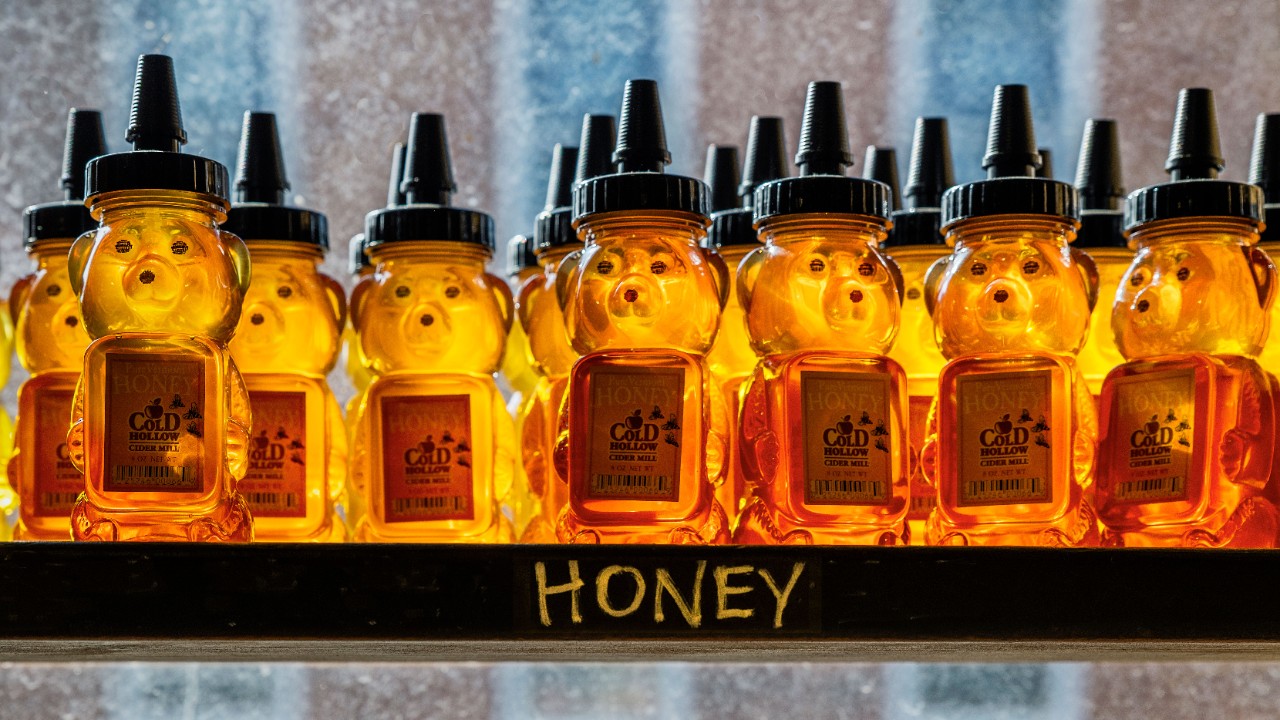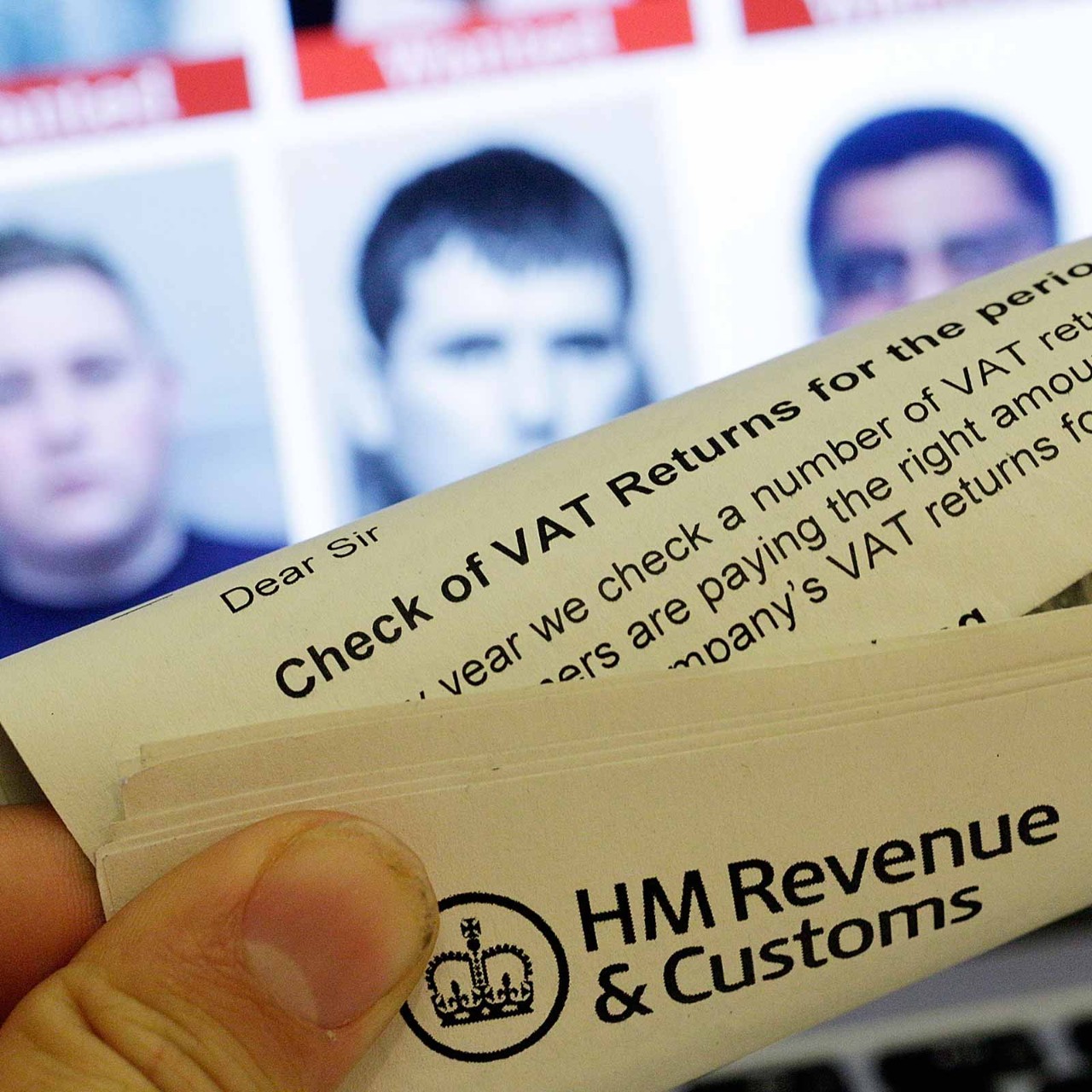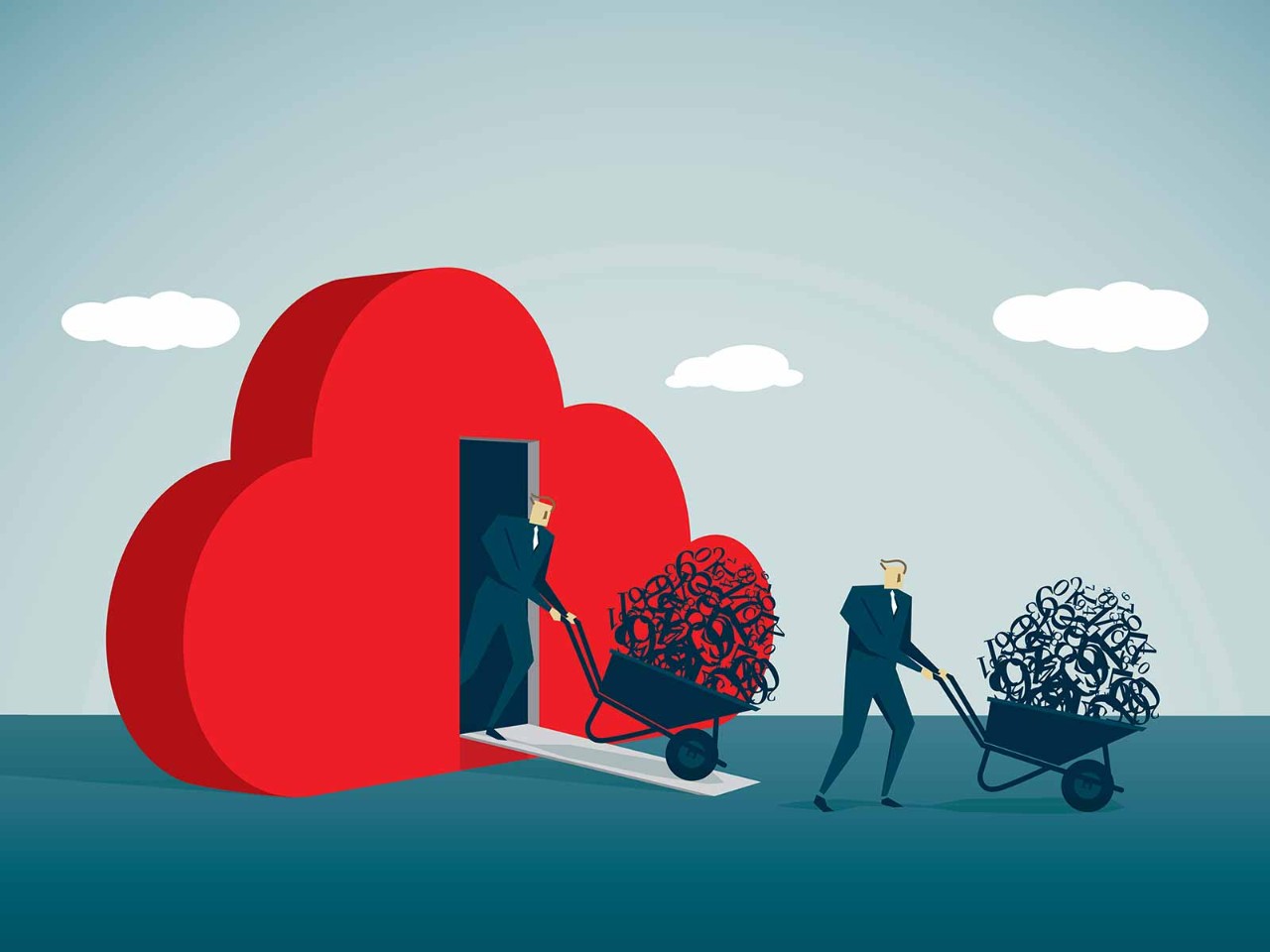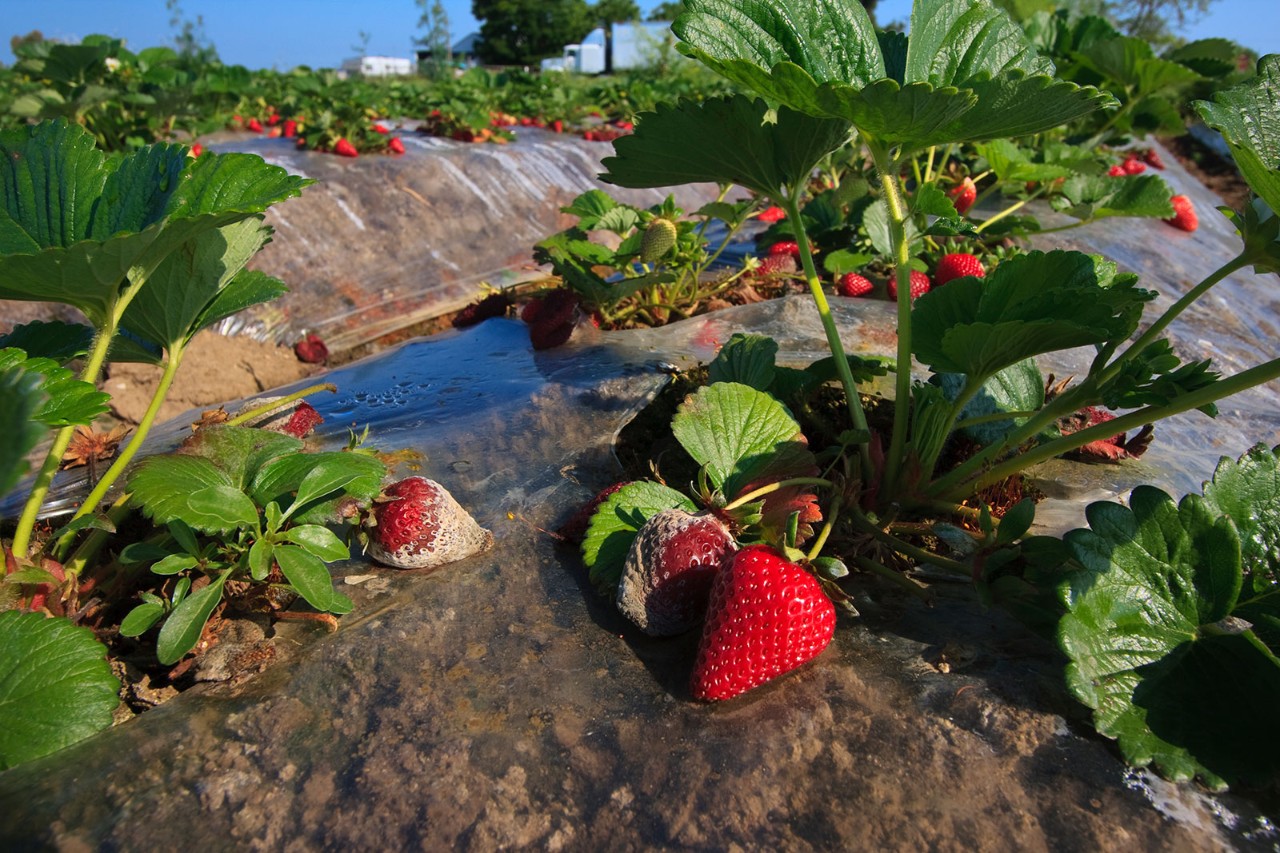
To celebrate Global Ethics Day on 20 October, ACCA is again running a film festival highlighting a selection of programmes with an ethical narrative.
These cautionary tales show the effects on wider society when business succumbs to avarice and consumers fail to make ethical choices. Here’s a synopsis of the broadcasts that will be discussed by a panel of commentators.
Lawyers, Guns & Honey
Who’d have thought something so sweet could go so bad, but that is what’s happening to the honey industry. We hear a lot about bees being under threat due to modern farming techniques, but beekeepers also appear to be fighting for their livelihoods. As Lawyers, Guns & Honey (season 1, episode 1, of the Rotten documentary series, released on Netflix) shows, they are struggling in a global business ‘soured by deception, corruption and larceny’.
It’s the numbers that don’t make sense. Over the past 20 years, soaring demand for honey has led to a surge in global honey production that has easily outstripped the growth in farmed beehive numbers. The only explanation is adulteration. As the voiceover of this compelling documentary says: ‘It’s straight out of the drug-dealer playbook. Cut your pure product with inexpensive filler to increase volume.’
‘It’s straight out of the drug-dealer playbook. Cut your pure product with inexpensive filler to increase volume’
Cheap syrups are being used to squeeze every drop of profit out of this liquid gold. And it’s all happening on a massive global scale, with beekeepers and honest producers suffering because consumers can no longer trust the marketplace.
Powerful antibiotics are also found in honey. One such is chloramphenicol, an antibiotic that helps bees fight infections and prevents hives collapsing. But it can be fatal for people who ingest it unwittingly and is illegal in many jurisdictions, including the US and EU.
When beekeepers aren’t having their valuable hives stolen, they are being forced into becoming professional pollinators to make ends meet.
This largely US-focused documentary shows how a staggering number of hives are moved around the country every year to pollinate California’s huge almond tree farms. The environmental effects of taking so many bees away from the rest of the US is made plain, not to mention the risk of disease from forcing such a heavy concentration of bees into one area.
Thankfully, as the film finally points out, many of those who make our honey don’t do it for profit, but because there’s still an ‘ancient and serene mystery to the process’. Long may that continue.
Recycling Sham
The documentary Recycling Sham, in season 1, episode 4, of the Netflix series Broken, is likely to haunt you every time you dutifully sort your household waste into recycling bins. The episode’s focus is plastic, the fact that its production is doubling every decade, and that very little of it is really being recycled.
At the time the documentary was made, in 2019, it was calculated that only 9% of all the plastic ever manufactured had been recycled. The rest has been buried, burned or dumped in landfill sites, if it has been disposed of at all. That said, recycling plastic is still big business, valued at US$37.6bn in 2018.
Only 9% of all the plastic ever made has been recycled. The rest has been buried, burned or dumped in landfill sites, if it has been disposed of at all
Focusing heavily on the US, the film shows how materials recovery facilities collect and sort plastic waste into bales, which are then sold to recyclers around the world who melt it down and turn it into something they can sell for a profit. The problem is that there are thousands of different types of plastic; as different types of plastic can’t be recycled together, they often go into landfill.
For a while, China was buying up and recycling nearly three-quarters of the world’s plastic because that was cheaper than buying it new. But then the country decided it no longer wanted to be the recycling bin for the planet, because of the associated pollution caused. Other players such as Malaysia then became dumping grounds for discarded plastic shipped in from around the world.
The film then takes us to Houston, Texas, for a ‘crash course on the direct impacts of plastic on our health’. The city is home to the largest petrochemical complex in the US and second largest in the world. You can take a bus trip around Houston called the Toxic Tour, which shows the effects of plastic production on local communities.
It then focuses on the increasingly worrying microplastics in our oceans. Although research into microplastics in our food supply is in its early stages, a growing body of evidence shows that the impacts are significant.
So what can we do?, asks the film. There seems little hope of recycling our way out of plastic pollution. While recycling can be part of the solution, we need to start learning to live without producing more of it in the first place. If the big corporations won’t do something about it, it’s up to us, the consumers. Try not to buy it, the film urges, because every time you do, more plastic will be created.
Further information
Recycling Sham will be screened on 20 October, and Lawyers, Guns & Honey on 27 October.
In addition, ACCA is celebrating Global Ethics Day with a global discussion (one unit of free CPD) to build on Ethics for sustainable AI adoption, a joint report with CA ANZ. Experts will discuss the fundamental principles that must be tackled and how professional accountants can ensure AI delivers sustainable long-term value. Register to attend live on 20 October, or watch on demand.




